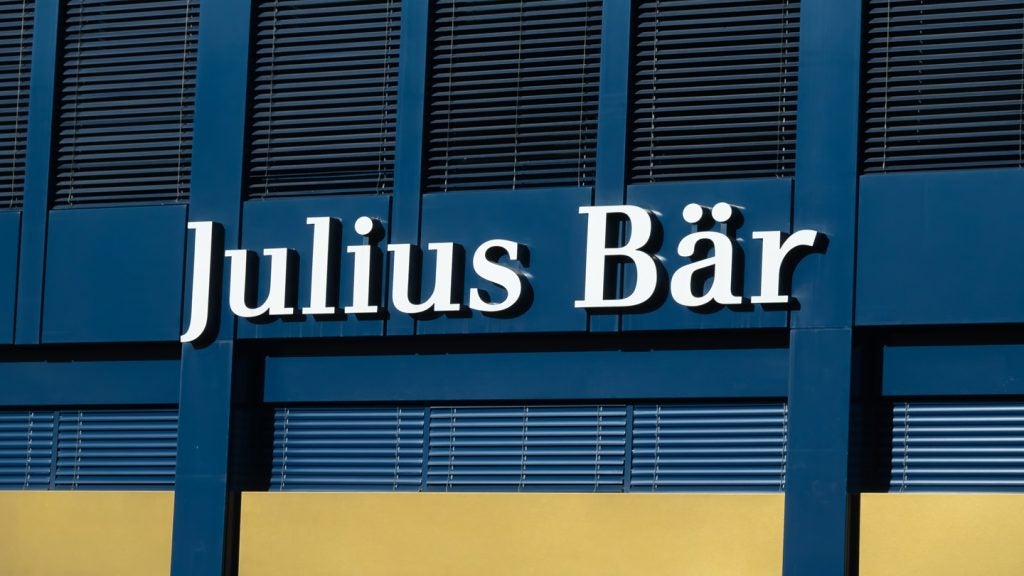
The engineering involved in modern day ships is extraordinary. Hulls are built in sections so that the overall structural integrity can be maintained even if one compartment is exposed to a sudden and massive inflow of water. Alan Turner & Philip Kunz write
But everything has its breaking point and, if there is enough external force and pressure, then a ship will finally succumb and inevitably sink.
Many business owners – and the heads of large family wealth – will likely relate to this analogy right now as COVID-19 hits them from all directions at the same time.
In fact, it’s possibly one of the hardest periods that many have ever faced from an operational, wealth-management and familial harmony perspective. The stakes are incredibly high, and many will be forced to make decisions and trade-offs that they never deemed necessary. And many decisions will need to be made fast.
If this is you, here are some thoughts on how to navigate.
Managing your business
How am I going to keep my staff on? Where are the cost savings? Will I be able to borrow?
How well do you really know your competitors?
Access the most comprehensive Company Profiles on the market, powered by GlobalData. Save hours of research. Gain competitive edge.

Thank you!
Your download email will arrive shortly
Not ready to buy yet? Download a free sample
We are confident about the unique quality of our Company Profiles. However, we want you to make the most beneficial decision for your business, so we offer a free sample that you can download by submitting the below form
By GlobalDataThese are the questions being posed by businesses around the world, forcing them to look very closely at how they’re managing their risk and cash flow.
First and foremost, you need to ensure you have access to liquidity. This can be achieved by first having stronger oversight of cash inflows and outflows and being disciplined on your receivables.
Getting this right will help inform whether you need to supplement your working capital with extra credit. If you do need to draw on lines of credit, check what the current and future terms are. In addition, be sure to scope out the relief lending measures that most governments and banks are now providing.
Obviously, the economic impacts may not stop at your business – they are likely impacting your commercial partners, and may even see your supply chain shift to different markets as you take on alternate suppliers. Check: are you keeping on top of your FX exposures and fluctuations, especially if you’re now being exposed to different currencies?
Preserving your business legacy
Depending on your current commercial robustness, deeper philosophical questions may need to be asked.
For example, if conventional lines of liquidity have dried up, what other avenues do you have? What part of the business do you want to keep, and what can you shed? Are there any other investors you would be prepared to bring on board? Are there other strands of the family that you would be prepared to call on to sell equity to?
The current crisis is also forcing many businesses to immediately reshape their operations, including accelerating their use of digital tools, in order to accommodate what is clearly becoming a ‘’new normal’ way of life.
The need for digital change is also accelerating succession planning, with younger generations becoming more hands-on in business decisions. The need to change quickly – already a tense experience – will be exacerbated if emotions and differences of opinion come into the mix. So: be sure that your succession planning includes the governance and decision-making structures that will reduce any potentially confusing ambiguities as to how decisions are made and who has final say.
Protecting your family
Some things to consider in mapping out a leadership transition include identifying the successor and the active/non active members of the family, working out a collective business vision for your company’s future, establishing governance process for involving family members in decision-making, and documenting the plan in writing. Make sure your plan also has flexibility in it because succession planning is never a permanent thing or a ‘straight line’ activity – it changes and evolves.
Then there is the question of trying to ensure stability and security for future generations. Think about a detailed family and estate planning in order to separate wealth from business assets and their families. And make sure you have liquidity planning in place to access cash for crises such as the one we’re in now.
In fact, you might even need to consider less-traditional options: For example, do you take personal assets and re-inject them back into the business in order to keep it afloat — at the risk of impacting your children’s inheritance? Are there other alternatives, like freezing family dividends to get you through these lean times?
Managing your wealth
The increase in risk management that you’re applying to your business obviously needs to extend to your wealth during these times of crisis.
Regardless of whether we will get a U- or L-shaped recovery, investors need resilient portfolios to withstand the short-term volatility in what is likely to be a low-growth and low-yield environment for the foreseeable future.
Three useful strategies are to stick to quality assets, defensive-sector positioning, and diversifying with gold and alternative assets. And try to seek out companies or themes that are well positioned for the changes stemming from COVID-19. Staying invested in quality assets in these areas can help you to both weather the short-term uncertainty, and to participate in the eventual recovery.
Giving
In times of crisis, it is often the case that donations are made immediately to support those most acutely affected. However, this economic crisis will be a marathon, not a sprint, and there will be a need for considered and longer-term financing to support recovery and enhance preparedness as the situation evolves.
Our advice is: take a measured approach to COVID-19 and see where your funds will be most needed over time.
Using the ties that bind
Of course these kinds of questions are best tackled during times of stability and growth, when companies, and you as its owner, have time to think through your business, wealth management and succession plans. But no one could see this current crisis coming, and now decisions need to be made fast, and – unlike the cold steel of a ship – we’re humans and often emotional.
But emotion can, in fact, be a strength as well as a weakness. The key is to harness it. This requires clear communication, structure, planning and common goals. Having all these elements in place will help you navigate to safer water.
Alan Turner is the head of commercial banking Singapore and Philip Kunz is head of global private banking Southeast Asia at HSBC.







